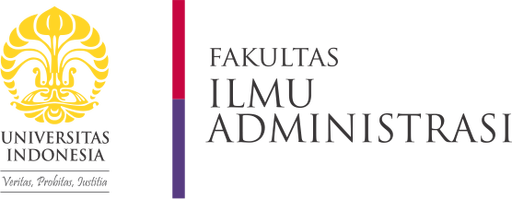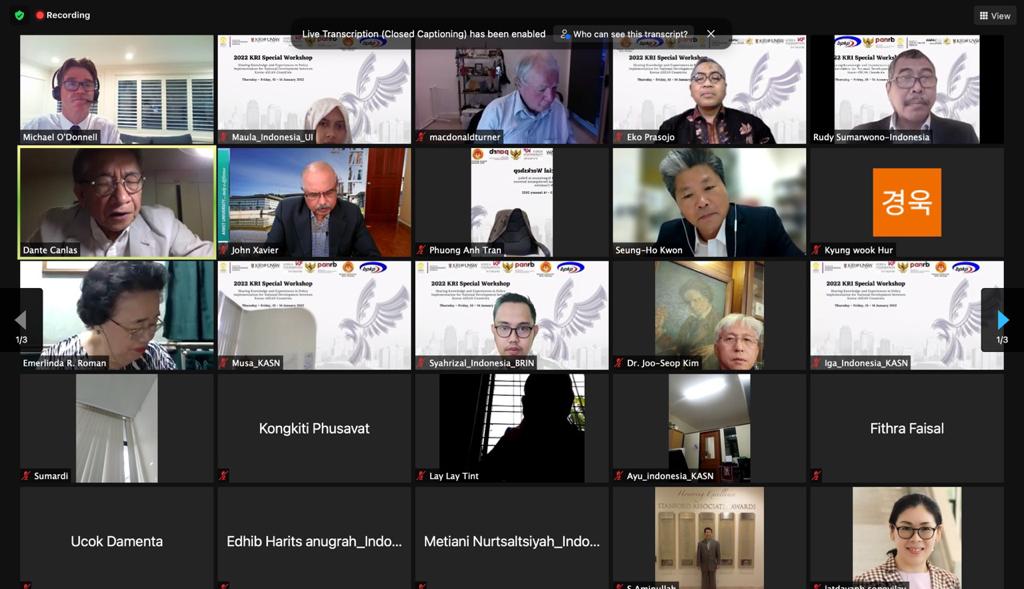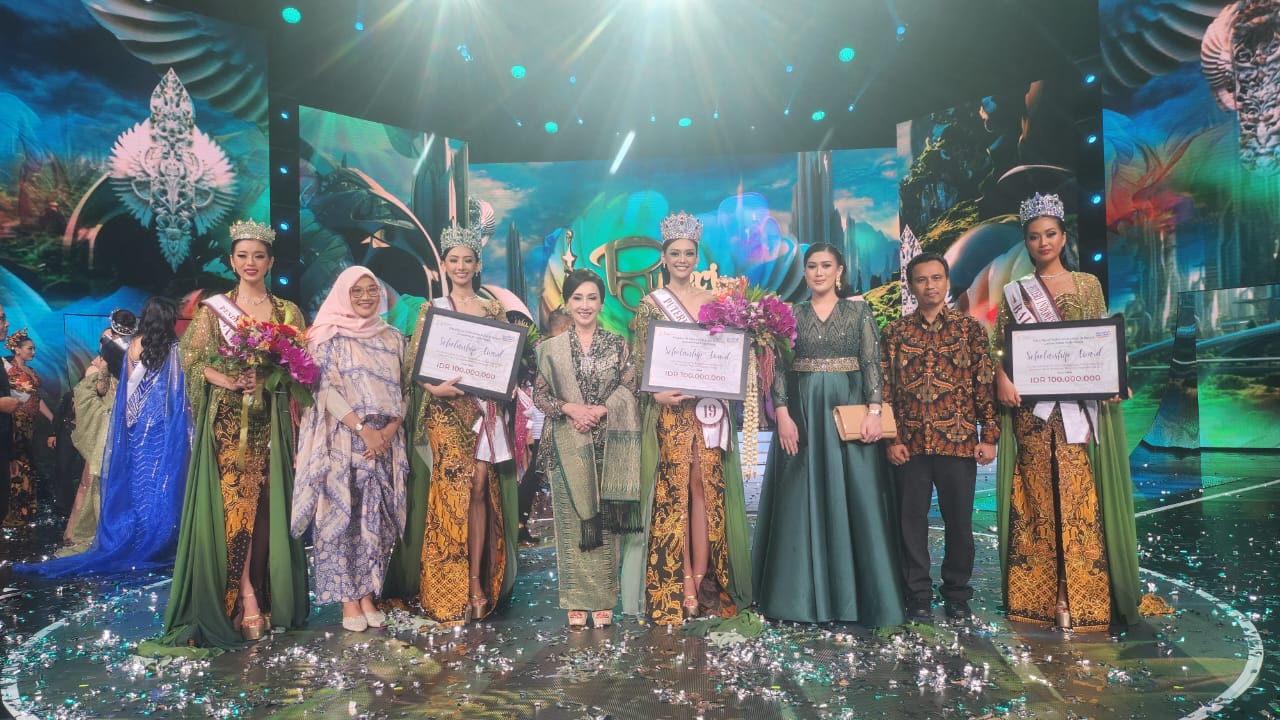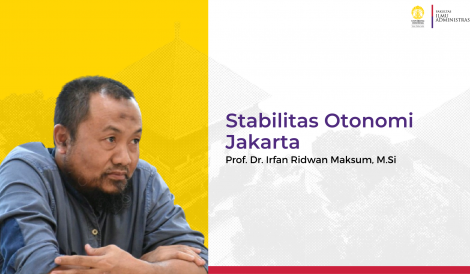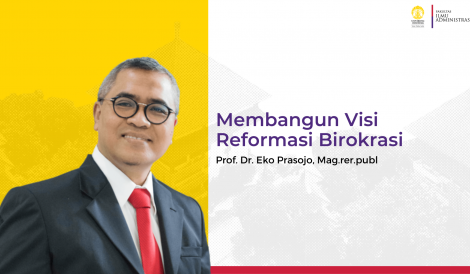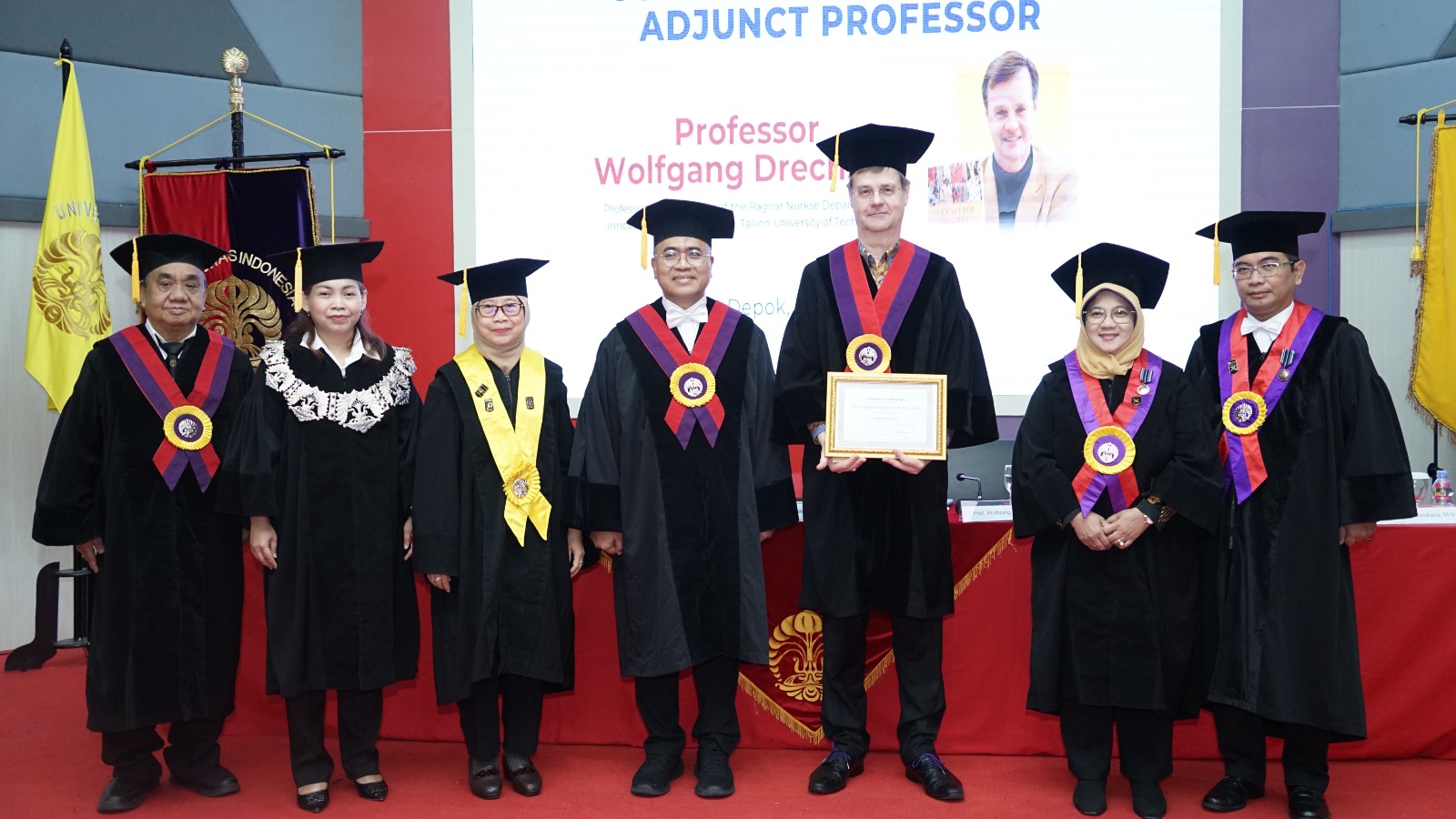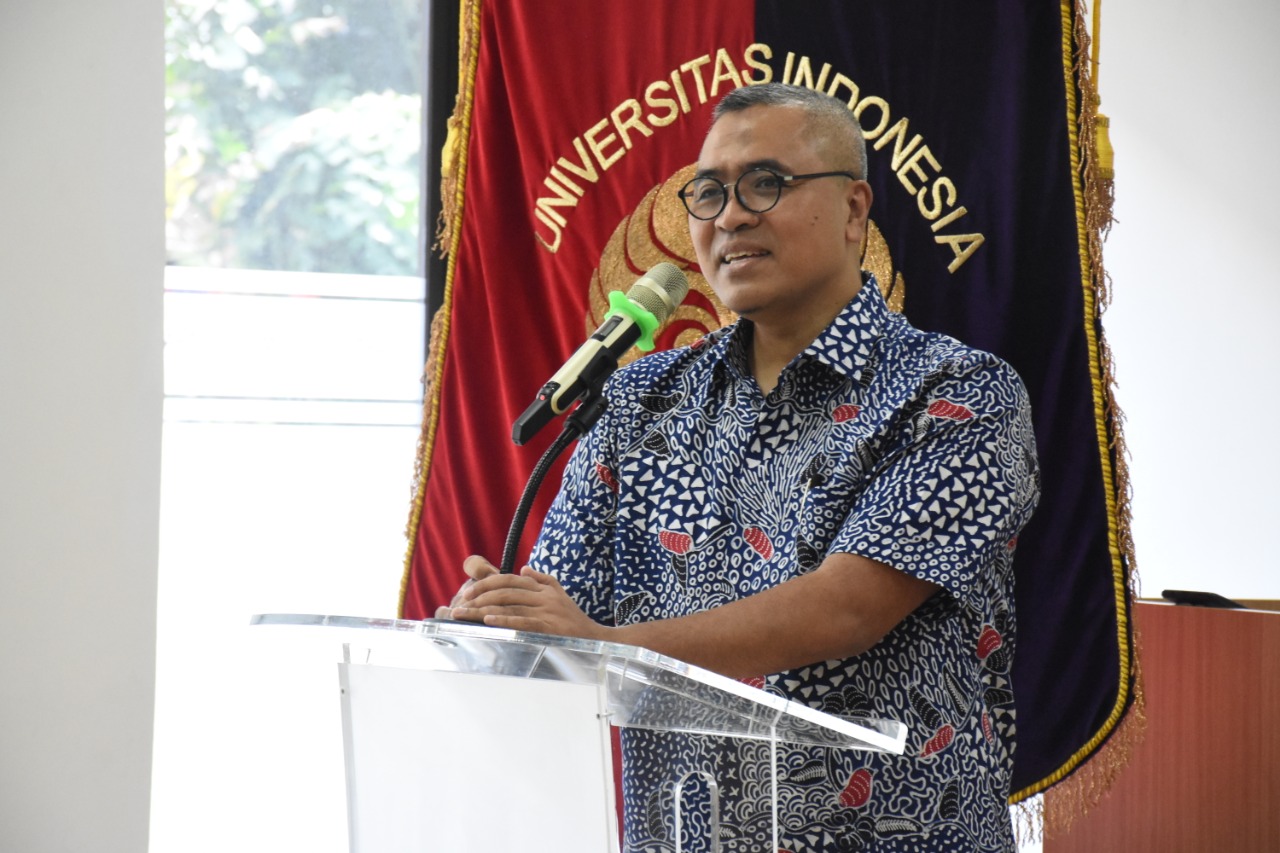The socio-economic aspects, the level of collaboration, and digitalization are central issues for each country in their efforts to mitigate and adapt during the COVID-19 pandemic.
Various speakers at the 2022 KRI Special Workshop with the theme ‘Sharing Knowledge and Experiences in Policy Implementation for National Development between Korea-ASEAN Countries’ gave their views on this central issue.
According to Prof. Mark Turner, various keys in dealing with the COVID-19 pandemic include the level of adaptability from the Government, coordinated, clear and consistent communication, and leadership factors. “The best practice of leadership in this COVID-19 era is that it must be skill-based, able to mobilize collective efforts, and be able to adapt. Leaders must be able to build public trust,” said Mark.
On the occasion of opening the Workshop, the Chairman of the State Civil Apparatus Commission (KASN) Prof. Agus Pramusinto, MDA emphasized that the toughest challenge for bureaucratic reform in Indonesia in an effort to adapt to the COVID-19 pandemic is that it is more inclined to political issues that have an impact on the synergy of collaboration between government levels and sectors. “Many governors and mayors feel uncomfortable being watched, especially after the election, where many regional heads want to repay their supporters and vice versa, take revenge on anyone who supports their political opponents,” Agus explained.
The conditions presented by Prof. Agus, strengthened by what was stated by Prof. Erwan Agus Purwanto Deputy Bid. RBAAP KemenpanRB explained that Indonesia is still experiencing various problems and challenges in implementing bureaucratic reform. “Especially for local governments, many factors are influenced by this condition, such as the low capacity of regional heads, as well as inconsistent commitments from local governments in implementing bureaucratic reform,” he said. So that this basic condition becomes a big challenge for Indonesia to create an adaptive and agile bureaucracy in the face of the COVID-19 pandemic.
Meanwhile, the Head of the Financial and Development Supervisory Agency (BPKP) Dr. Muhammad Yusuf Ateh, Ak., M.B.A., CSFA., CGCAE. conveyed that Indonesia was experiencing various pressing challenges in dealing with the pandemic. “This includes designing good policies in handling the crisis, and ensuring smooth implementation of the policies that have been taken,” he stressed.
According to him, the government needs to adopt a dynamic budget policy that allows the government to allocate the required resources. “In the context of social security, database validity and quality are crucial. Collaboration between levels of government can minimize sectoral egos, avoid wasted resources, and improve a coherent response,” said Ateh.
Next, Mr. Kyung Wook Hur explained the conditions that occur in Korea, that economic development in Korea focuses on three things, namely the development of Human Resources (HR), population policies, and technological developments.
“Human resource development is an important part of economic development. Population policies, such as maximizing mobilization for women, youth, immigration, and labor wages, increasing human resource competencies, inclusive growth and rearranging social security nets. Technology development, such as building innovative clusters , a technology development plan for a period of 5 years, a comprehensive approach such as in the aspects of creation, protection, dissemination/utilization, infrastructure, and measurement,” he explained.
On the economic side, Dr. Fithra Faisal Hastiadi, MSE Executive Director Next Policy said that in the second quarter GDP sector in 2021, all sectors experienced positive growth with various scales. However, when compared to the second quarter of several years ago, only a few sectors were able to survive the pandemic, one of which was the Information and Communication Technology sector. So that digitalization efforts are one way to be able to adapt to the COVID-19 pandemic.
“Today’s digitalization of business is very possible, because it implies a focus on capital rather than a focus on labor. Fewer employment of workers for the formal sector can lead to growth of the informal sector. Again, universities have an important role in supplying knowledge on this matter,” he said.
Lastly, Prof. Dr. Eko Prasojo, Mag.rer.publ. The Professor of the Faculty of Administrative Sciences and the President of AGPA delivered a summary at the panel discussion session which concluded that although various countries have their own strategies in dealing with pandemics, collaboration, communication, and government adaptability are the main keys for all countries.
“Not only adaptive government, the bureaucracy also needs to carry out dynamic digitalization. All of that depends on cooperation from between administrations in the government for the realization of a good pandemic handling for the nation and state. I hope this can increase our understanding of the main issues and problems and Future improvements are not only in the economic sector, but also in the government sector,” he said.
This workshop was carried out in several sessions, namely an opening session, four presentation sessions, and a panel discussion session. The summary by Prof. Eko and Prof. Turner was presented at a panel discussion moderated by Dr. Rudiarto Sumarwono, M.M. and Prof. Michael O’Donnell, who were also present as speakers in this discussion session, were Dr. Seung-Ho Kwon, EM. Prof. Dante B. Canlas, Dr. Ribaun Korm, Prof. Emerlinda R. Roman, Dr. Trang Nguyen.
The activity, which was held online for two days (13-14/1/22) was held on a collaborative initiative between the University of Indonesia, Ministries/Institutions in Indonesia and International Institutions, namely, the Indonesian Civil Apparatus Commission, the Indonesian Financial and Development Supervisory Agency, the Ministry of Finance and Development of the Republic of Indonesia. Empowerment of State Apparatus and Bureaucratic Reform of the Republic of Indonesia, Faculty of Administrative Sciences, University of Indonesia Asian Group for Public Administration, Korea Foundation –South Korea, and Korea Research Initiatives, University of New South Wales, Australia.
